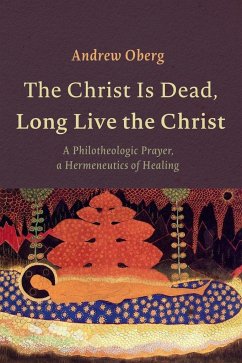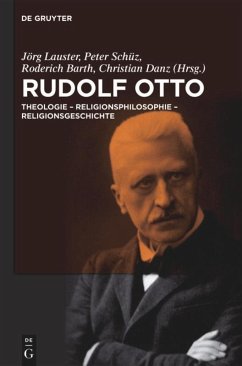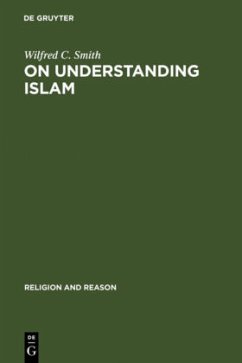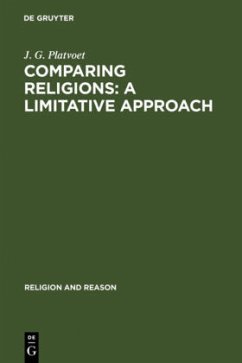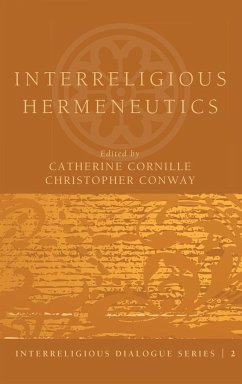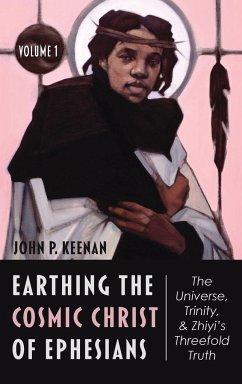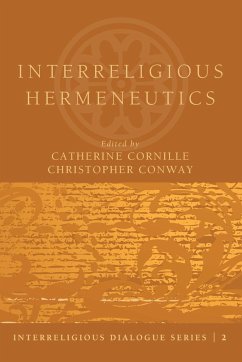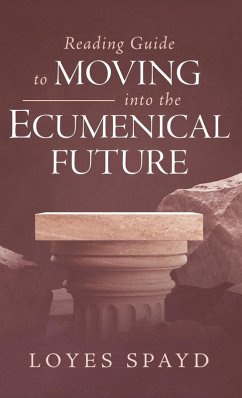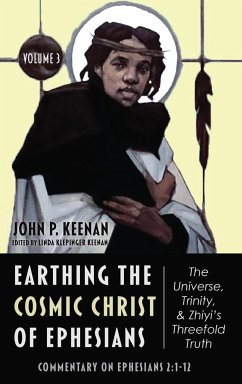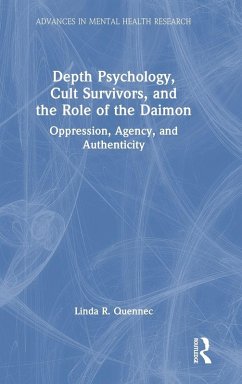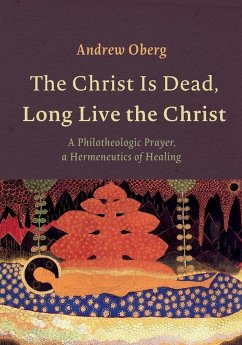
The Christ Is Dead, Long Live the Christ
Versandkostenfrei!
Versandfertig in 1-2 Wochen
29,99 €
inkl. MwSt.
Weitere Ausgaben:

PAYBACK Punkte
15 °P sammeln!
The Christ Is Dead, Long Live the Christ: A Philotheologic Prayer, a Hermeneutics of Healing is a call for renewal and reinvention. Following a brief examination of the historical Jesus (Yeshua, using his actual Aramaic/Hebrew name), the book moves into a phenomenological study of the image, idea, and the place of both in our felt experiences. Looking closer at what we think were the actual words of this wandering sage, the picture we arrive at is one that will surprise, possibly unsettle. Moved out of our traditional comfort zones, we find the need to question what we have been told were Yesh...
The Christ Is Dead, Long Live the Christ: A Philotheologic Prayer, a Hermeneutics of Healing is a call for renewal and reinvention. Following a brief examination of the historical Jesus (Yeshua, using his actual Aramaic/Hebrew name), the book moves into a phenomenological study of the image, idea, and the place of both in our felt experiences. Looking closer at what we think were the actual words of this wandering sage, the picture we arrive at is one that will surprise, possibly unsettle. Moved out of our traditional comfort zones, we find the need to question what we have been told were Yeshua's teachings, compelling us to further rethink messages on the afterlife, human finitude, so-called atonement theologies, and above all the ""kingdom of God."" Whatever this vision was--and might yet be--it seems central to Yeshua's efforts, and so we finally weigh these ""kingdom"" facets against a broader ideascape, offering suggestions for how a Yeshuan ""kingdom"" project situated within the panoply of a widely comprehended Judaic way-of-being might yield fresh life to we who find worth in the utterances and what they point towards, to we who wonder about a more human(e) world.




